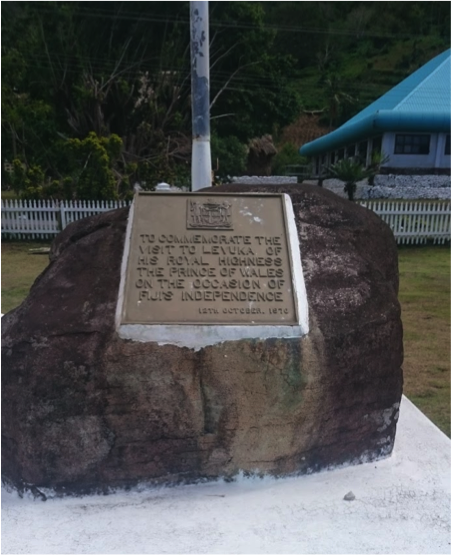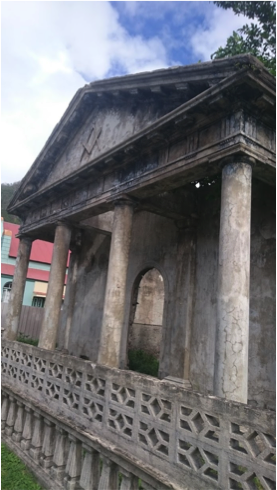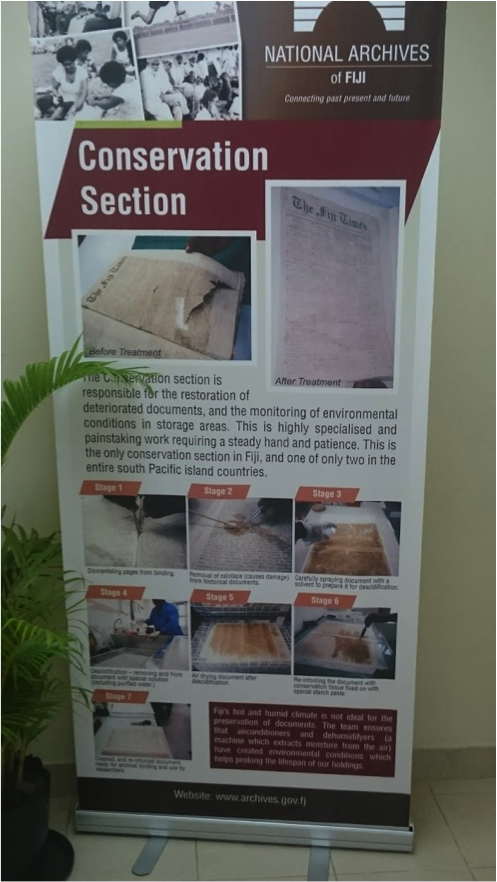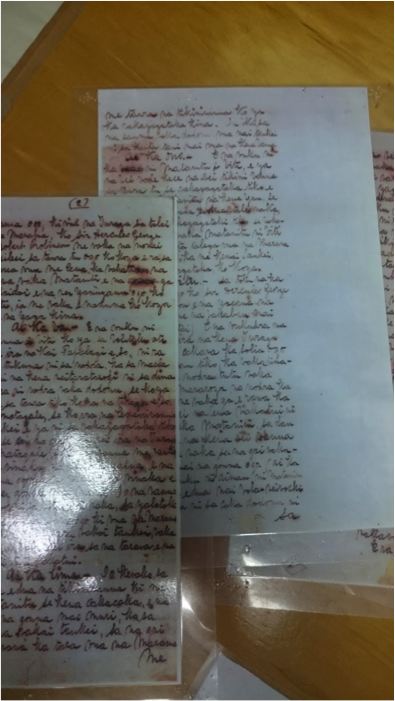The UC Cultural Heritage Collective has had a full on Semester, encompassing a range of activities including a bake sale, BBQ, seminars, workshops and drinks gatherings. Just what you need to get through a bumpy semester for some! The Club held their first bake sale in March, which was able to gather some much needed funds for the club to be able to survive. The BBQ held that same month was also able to raise some much-needed funds for club development.
Our first seminar of the semester was held by Vicki Humphrey on what to expect at a job interview in the heritage sector and answering the selection criteria, as well as two other students (Rebecca Foster-Osborne and Bridget Pearl) presenting a piece on their Study Abroad trips to the UK and Peru, respectively. These trips are invaluable as they give you a sense on the culture and heritage of another place, particularly if it is a well-renowned heritage site.
Another highlight of the semester was the opportunity to give towards the Fiji donation drive, which was a fund set up to assist relief work at Vuna village, which had just been nearly completed destroyed by Cyclone Winston. The club donated $200 in response to the cyclone damage at Vuna, which was able to go a long way, assisting with the reconstruction of some of the homes in the village and the hospital.
Cultural heritage conservation students got the opportunity of visiting Fiji as part of a cultural heritage field school in May. Sam Cook (the UC Cultural Heritage Collective) was in attendance, and donated some of his personal items to the village on the trip. Students visited a number of cultural heritage institutions, including the Fiji Museum and Fiji National Archives, as well as Fiji’s World Heritage Listed Levuka Town, which was the capital city of Fiji until 1877.


The experience made students engage with different aspects of Fiji’s unique culture, as well as the preservation and conservation of cultural material. Of particular interest were the National Archives of Fiji and the way in which they handled, stored and treated objects. Fiji’s environment and climate presents different challenges in relation to storing these objects for future research. The Archives is currently carrying out a project to digitise and preserve the unique film collection.


Overall, an interesting trip was had by students, and it would be interesting to be able to engage more with Fijian cultural heritage institutions in terms of preservation and conservation in future years.